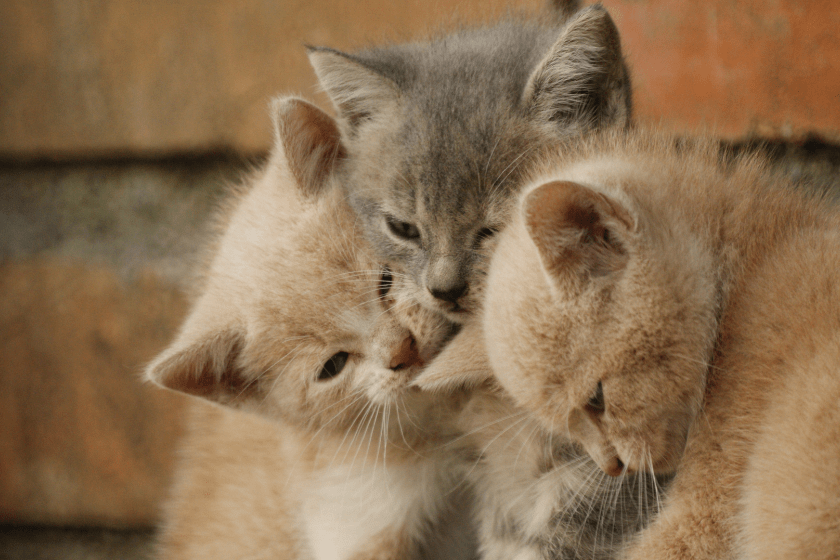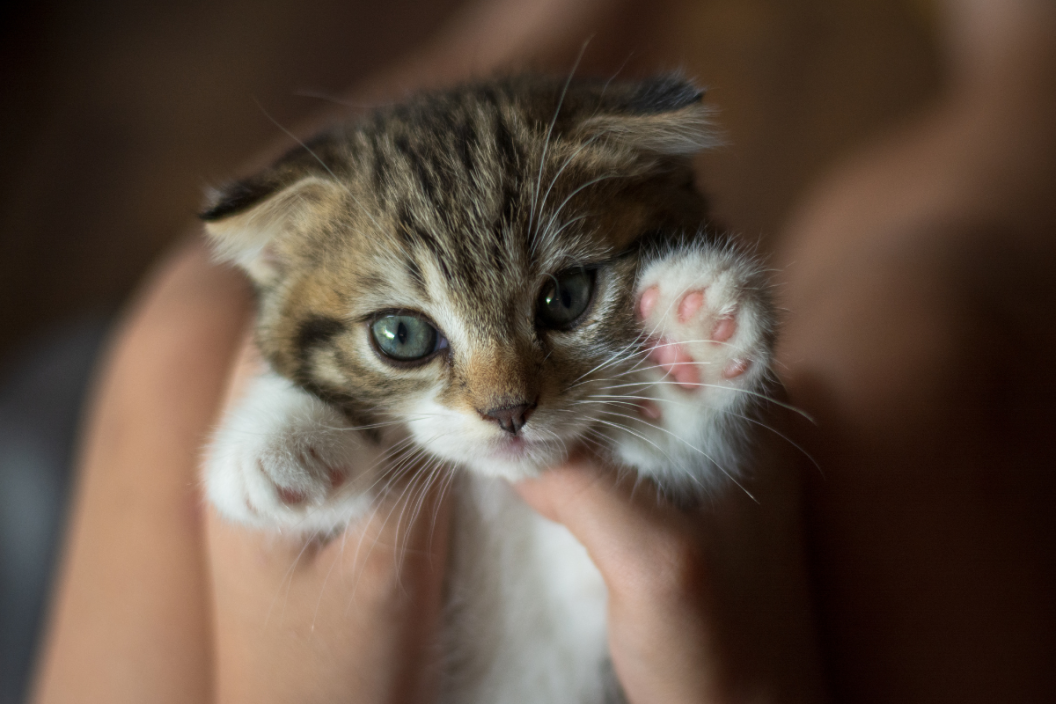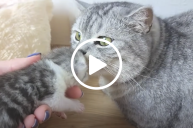When kittens are born, they're a blank slate. Their mother teaches them a lot of life skills, which is why it's important that kittens don't leave their mom too early. Not long after they're born, kittens typically learn how to hunt, practice survival skills, and interact with their siblings. Mama cats even help with litter box training! All of this lays the foundation for socialization, but these skills the basics.
When a kitten heads off to its new home, humans have to pick up training where their mom left off. Kittens need to be socialized so they know how to safely interact with their environment, humans, and other animals. A socialized kitten who has been exposed to positive interactions and experiences is much more likely to accept new people into their home and adapt to changes in routine, which can be very useful throughout their lives. Every cat owner should know how to socialize a kitten so it grows into a healthy, well-adjusted cat.
Kitten Socialization Tips

RELATED: Best Kitten Food: What the Experts Recommend for Famished Fun-Sized Felines
Work with your new kitten daily to build confidence. You want your new furry family member to make positive associations between you and your home during the socialization period. Positive experiences will decrease a kitten's fear response to new things. Play and positive interactions may be enough if your kitten reacts positively to new people. However, if your young kitten is not interested in interacting with new people, you may have to entice them with treats, games, or food. Enrichment activities and interactive cat toys will bring your apprehensive kitten out of its shell and encourage it to interact with new people and animals.
There's no such thing as socializing a kitten too early, so you do not have to wait to start the socialization process with your new cat. Like other types of cat care, you can interact with your kitten from the moment they come home. Feeding them some kitten food by hand when you pick them up will give your kitten their first positive experience with you. Talk to them and pet them on the drive home if you can.
When you get home, make sure your kitten has a quiet, safe spot to hang out in before you let them out of their carrier. Give your kitten some time to explore their new surroundings on their own. It is important that a kitten starts out in a small space in your home, especially since they can hide behind cabinets and climb up on high places as a way of hiding. As your kitten grows older and becomes more comfortable, they can have access to more of your home.
Just remember, don't rush socializing your kitten. Consistent positive interactions throughout the day will help your cat interact with you and others.
Did you need to socialize your kitten? Tell us on our Wide Open Pets Facebook page.




